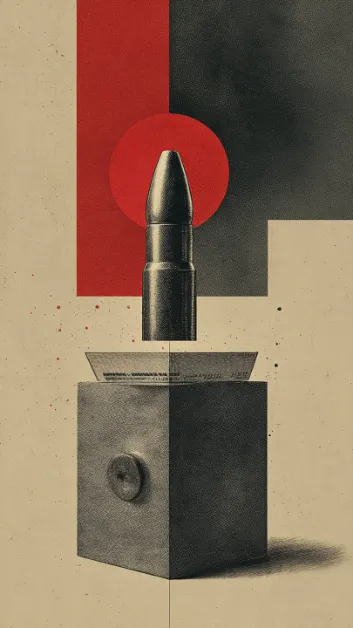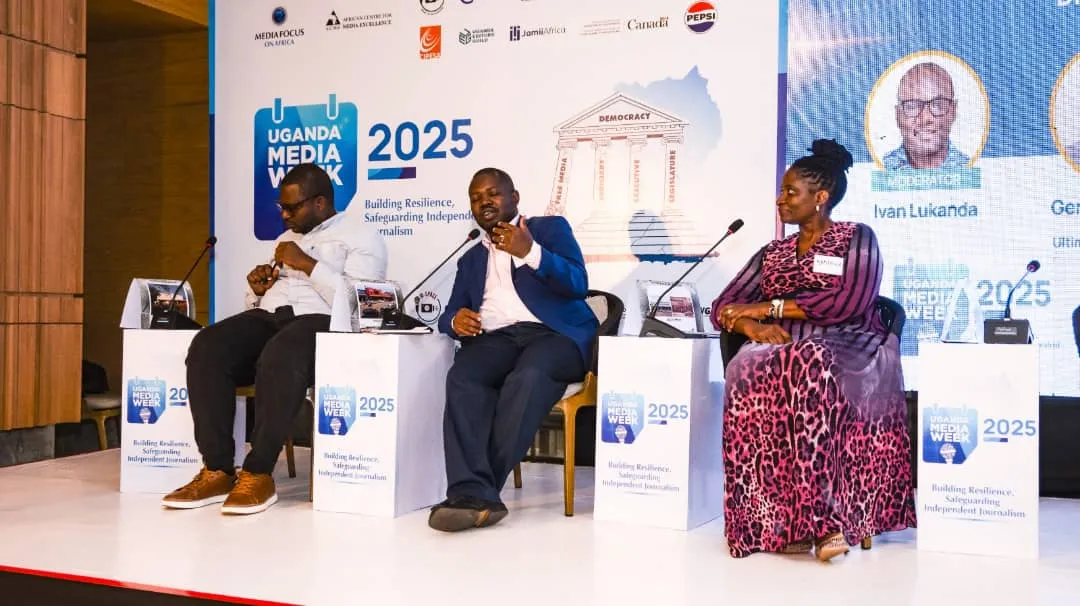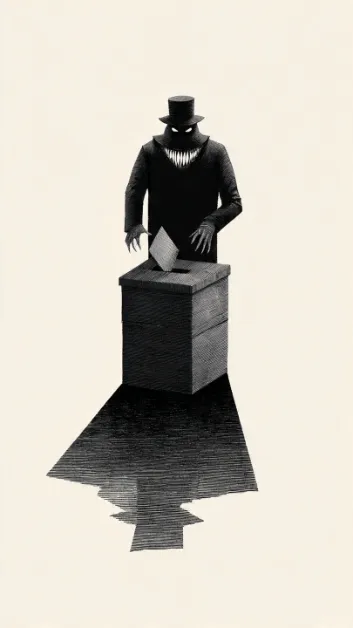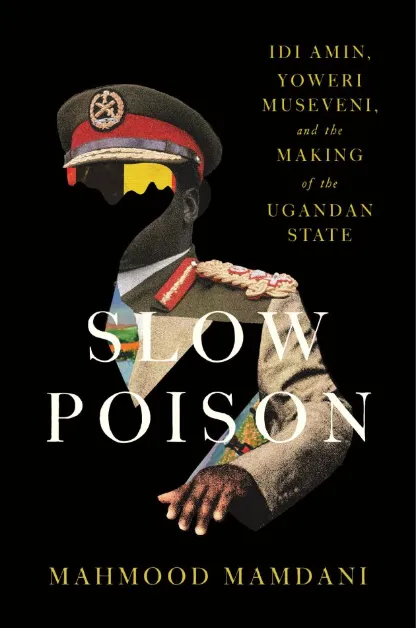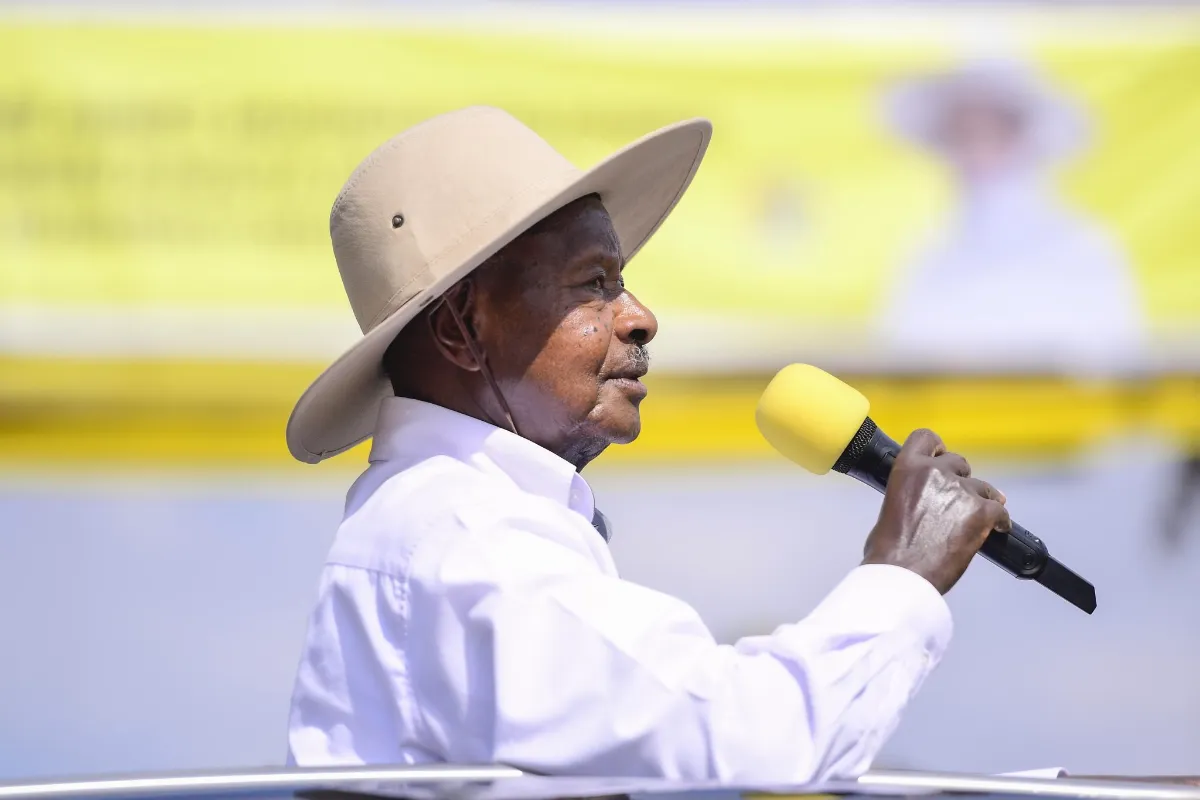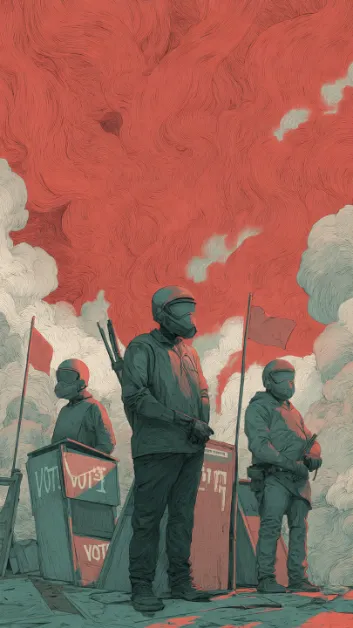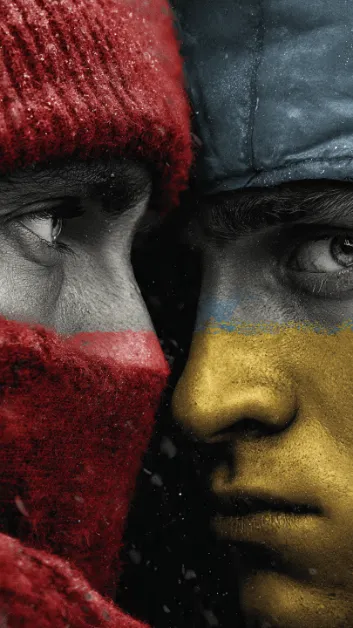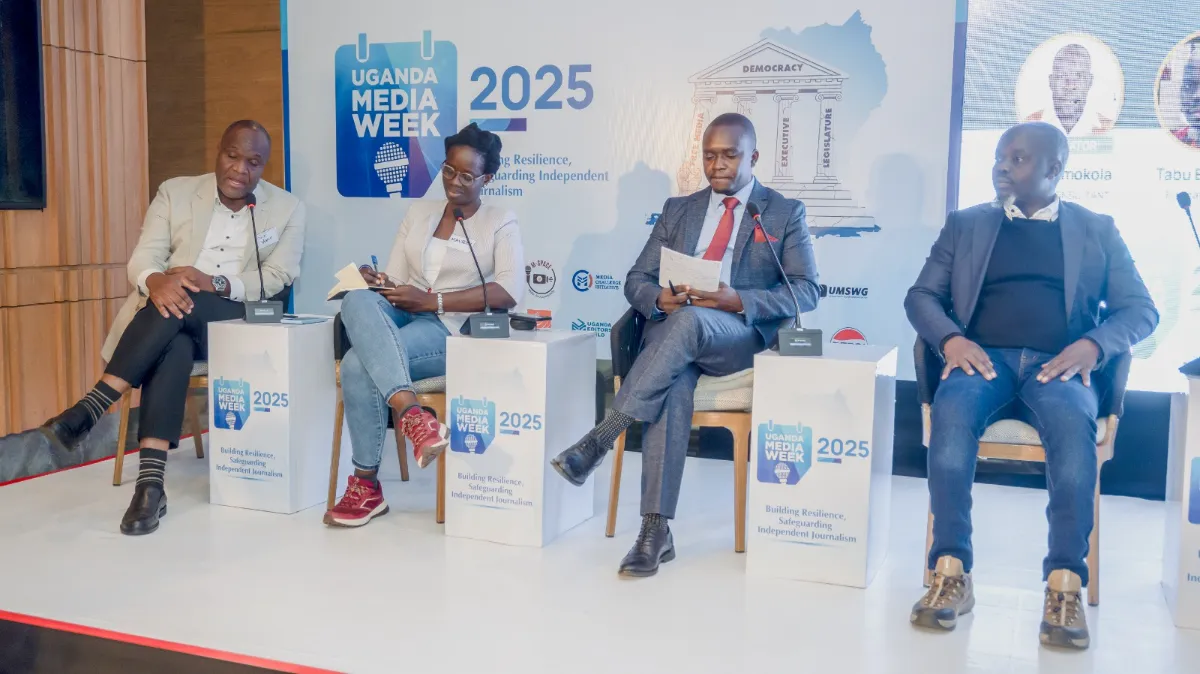
Beyond Politics: The Cry for Human Dignity and Justice
When security forces turn their power against citizens, they betray the very oath that binds them to justice.
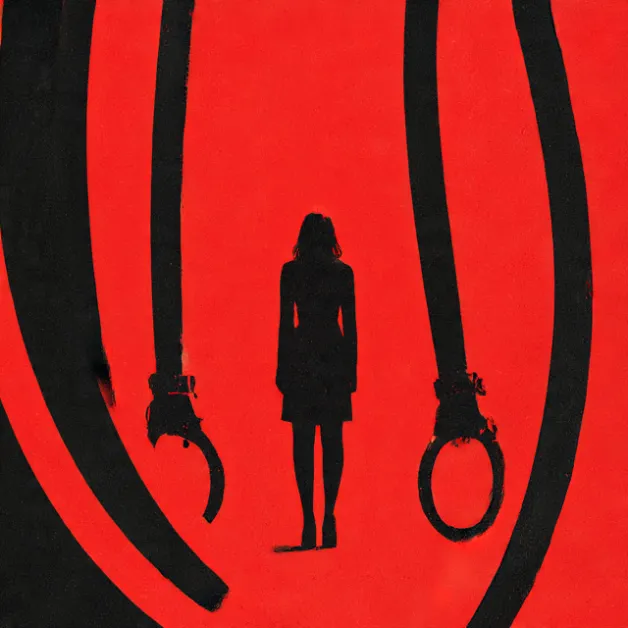
12 Nov, 2025
Share
Save
On 7th November, 2025, in Mbarara, a painful scene that will linger in the conscience of every just and compassionate citizen shook humanity. Security forces, entrusted with the noble duty of protecting the people, were captured in a moment of shameful misconduct—almost stripping a female opposition party member of the National Unity Platform (NUP), exposing her breasts and cleavage.
This incident, which should never have happened under any circumstances, represents a tragic departure from the principles of human rights, justice, and decency. It is a moment that transcends political boundaries, compelling us to reflect not as supporters of any side, but as human beings who share a common moral duty to defend dignity and truth.
Putting all manner of politics aside, certain acts can never be justified by politics. This was wrong—wrong because it violates both the law and basic human dignity. No uniform, command, or order can excuse the humiliation of another person. Our humanity must always stand above political loyalty or institutional power.
The essence of law enforcement lies in the protection of life, liberty, and dignity. Officers of the state are called to serve the people—not to degrade them. When security forces turn their power against citizens, they betray the very oath that binds them to justice. Authority loses its legitimacy when it is exercised without compassion and restraint.
Every constitution enshrines the protection of human rights. Uganda’s laws, as well as international conventions, recognise dignity as a non-negotiable human right. The scenes from Mbarara are therefore not only acts of moral failure but also breaches of constitutional duty and international obligation.
In times of political tension, acts of violence or abuse are too often dismissed under the veil of “maintaining order” or “ensuring security.” This is a dangerous path—for when cruelty is justified in the name of politics, society’s moral compass begins to erode. We cannot allow human suffering to be normalised simply because it serves the interests of those in power.
True democracy is not defined by how loudly we proclaim freedom, but by how faithfully we protect it—especially for those who dissent or stand in opposition.
The events of 7th November, 2025, are not merely a political episode; they are a human crisis. They compel us to ask:
Have we become numb to injustice?
Do we only speak when the victim shares our political beliefs?
Have we traded our humanity for silence or convenience?
It is in such moments that conscience must rise above fear. Silence in the face of abuse is complicity. To speak out against injustice is not rebellion—it is the highest form of patriotism.
Putting politics aside, what happened in Mbarara was an assault on both law and humanity. No government, institution, or ideology should ever condone the stripping of a woman’s dignity in public.
The measure of a just society is not how it treats the powerful, but how it protects the weak. Justice denied to one is a threat to all. Let us stand not as partisans, but as people—united by the belief that every Ugandan deserves respect, protection, and dignity under the law. Because when the dignity of one woman is violated, the dignity of an entire nation is wounded.
We should speak before it’s too late.
As Pastor Martin Niemöller, who witnessed the rise of oppression in Nazi Germany, once wrote:
First they came for the Jews, and I did not speak out—because I was not a Jew.
Then they came for the socialists, and I did not speak out—because I was not a socialist.
Then they came for the trade unionists, and I did not speak out—because I was not a trade unionist.
Then they came for me—and there was no one left to speak for me.”
Let these words awaken our conscience. If we remain silent today, tomorrow, there will be no one left to speak for us.
It is time—for every Ugandan, regardless of political colour—to speak up for justice, for humanity, and for dignity.
About the author
My name is Abeson Alex, a student at St. Lawrence University, whose leadership journey reflects a deep commitment to service, integrity, and community transformation. I have held various leadership positions, including UNSA President of St. Charles Lwanga College Koboko, UNSA District Executive Council Speaker, UNSA Speaker for West Nile, and West Nile Representative to the UNSA National Executive Council. I also served as YCS Section Leader of St. Charles Lwanga College Koboko, YCS Federation Leader for Koboko District, and Koboko YCS Coordinator to the Diocese. In addition, I was a Peace Founder and Security Council Speaker for the peace agreement between St. Charles Lwanga College Koboko and Koboko Town College. I served as Debate Club Chairperson of St. Charles Lwanga College Koboko, District Debate Coordinator, and West Nile Debate Coordinator to the National Debate Council (NDC). All the above were in 2022-2023. My other leadership roles include Chairperson of the Writers and Readers Club, UNSA Representative in the District Youth Council, Students’ Advocate for Reproductive Health, and Students’ GBV Advocate for the District. Within the Church, I served as Chairperson of the Altarservers of Ombaci Chapel, Parish Altarservers Chairperson of Koboko Parish, and Speaker of the Altarservers Ministry in Arua Diocese. Current Positions: Currently, I serve as the Diocesan Altarservers Chairperson of Arua Catholic Diocese, Advisor of the Altarservers Ministry for both Ombaci Chapel and Koboko Parish, and Programs Coordinator of Destined Youth of Christ (DYC-UG). I am also a Finalist in the Global Unites Oratory Competition 2024, the current Debate Club Speaker and President of St. Lawrence University Koboko Students Association. Additionally, I am the Youth Chairperson of Lombe Village, Midia Parish, and Midia Sub-county in koboko district. I am one whose life has been revolving around ensuring that in our imperfections as humans, we can promote transparency, righteousness, and morality to attain perfection. I am inspired by the guiding words: Mobilization, Influence, Engagement, and Advocacy. I share my inspiration across the fields of Relationships, Career, Governance, Faith, Education, Spirituality, Anti-corruption, Environmental Conservation, Business & Self-Reliance, politics , Administration,Financial Literacy, Religion, and Human Rights. Thanks for the encounter.

